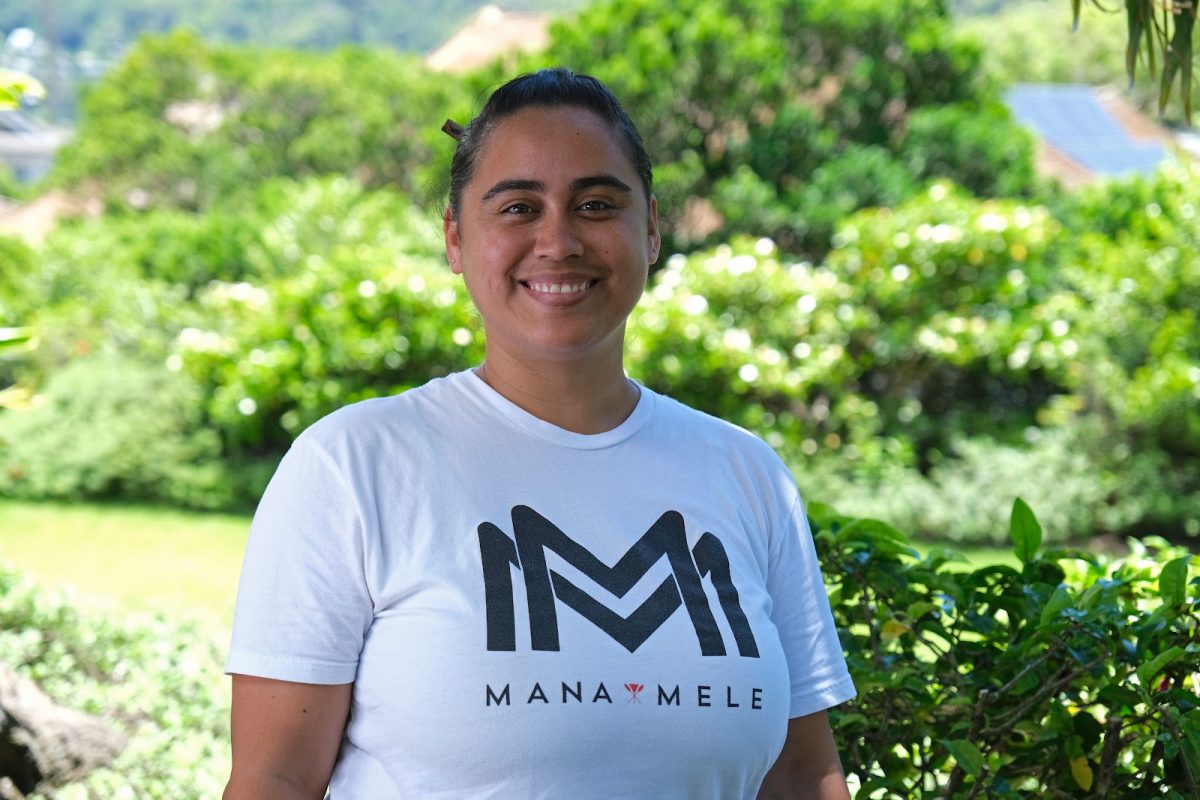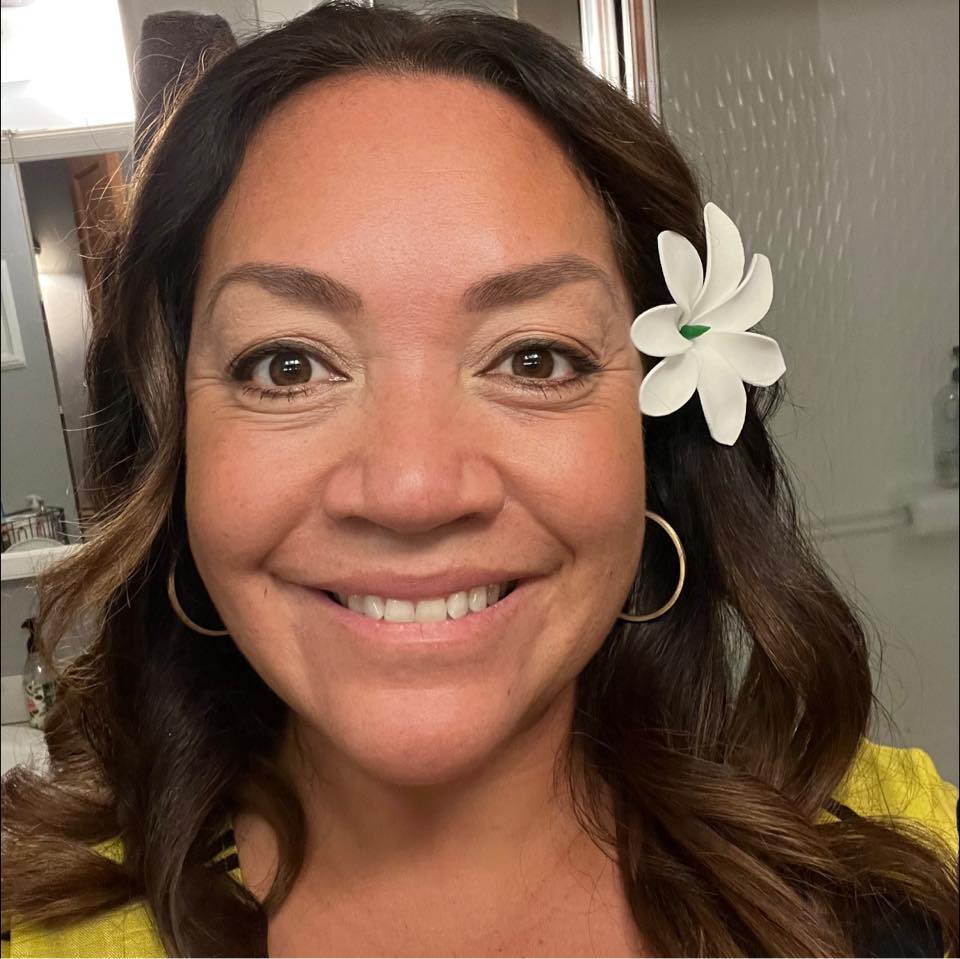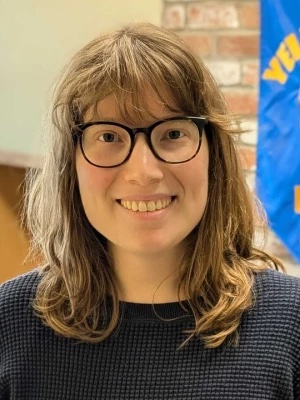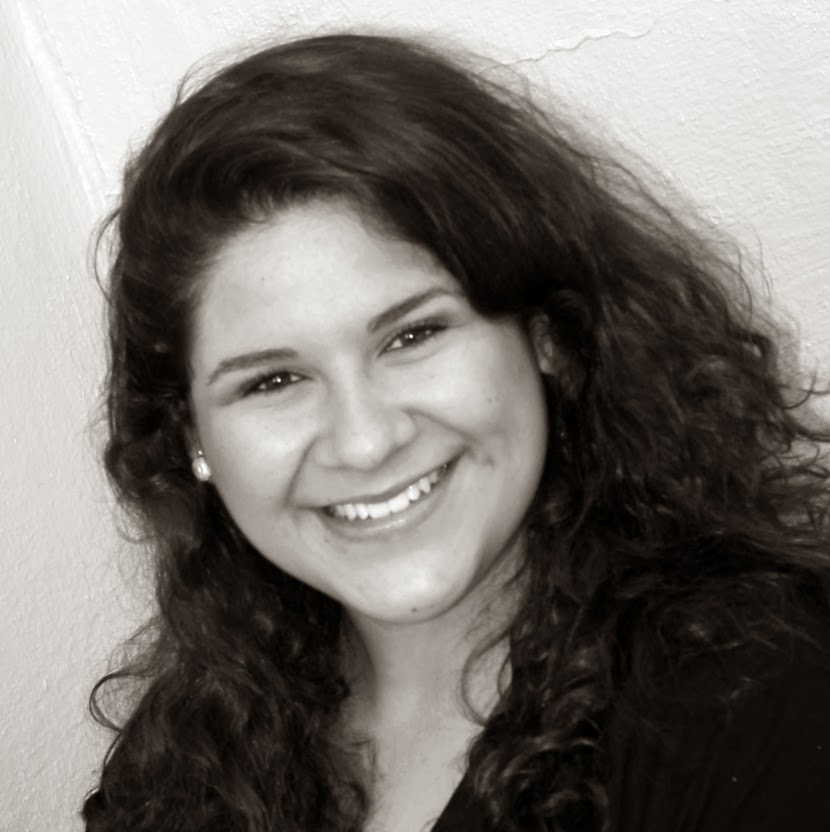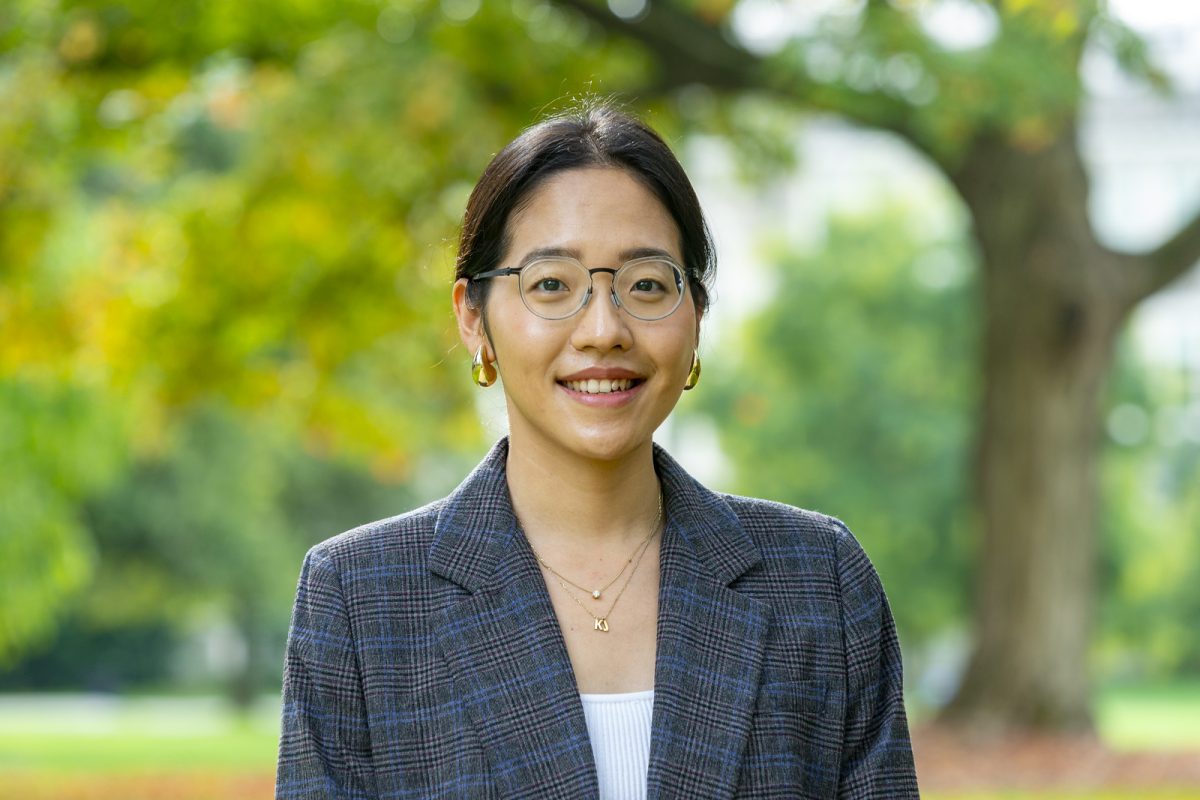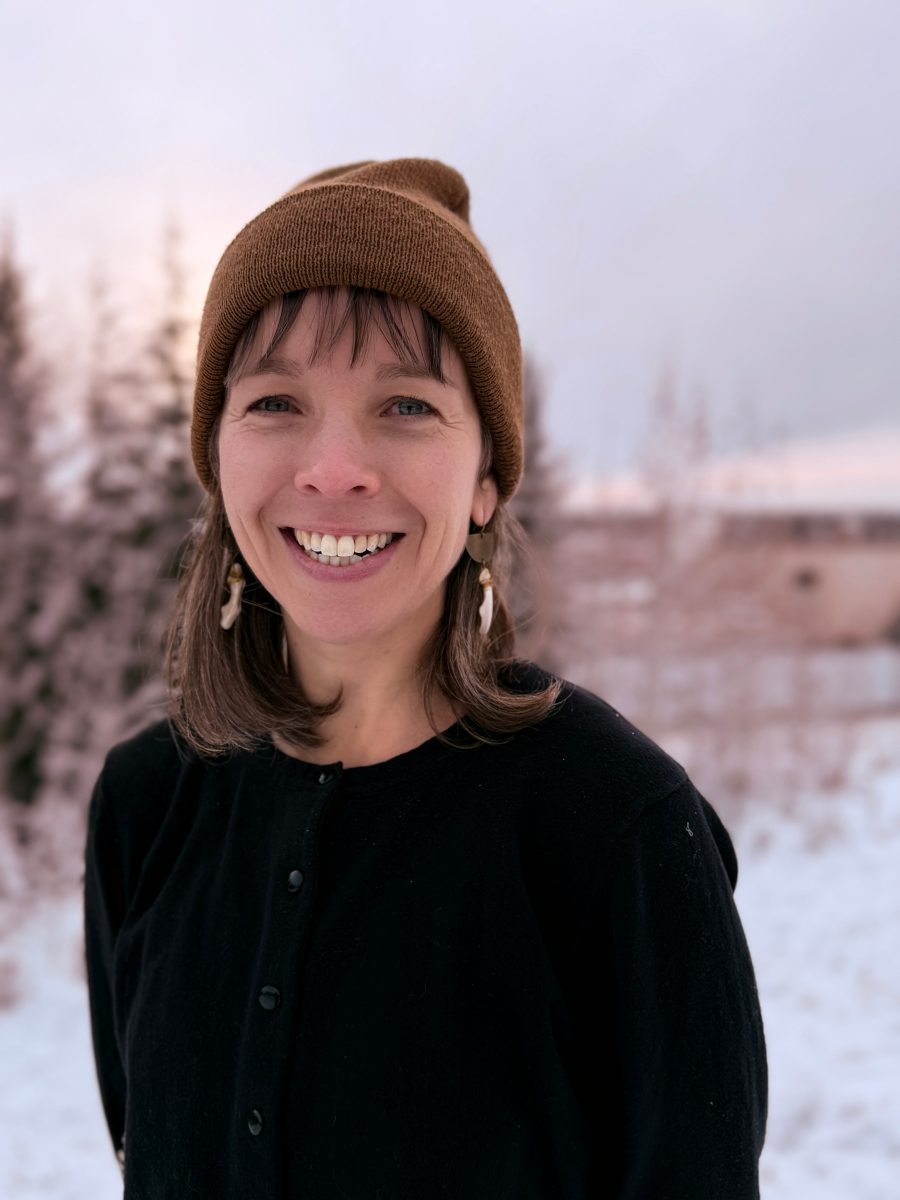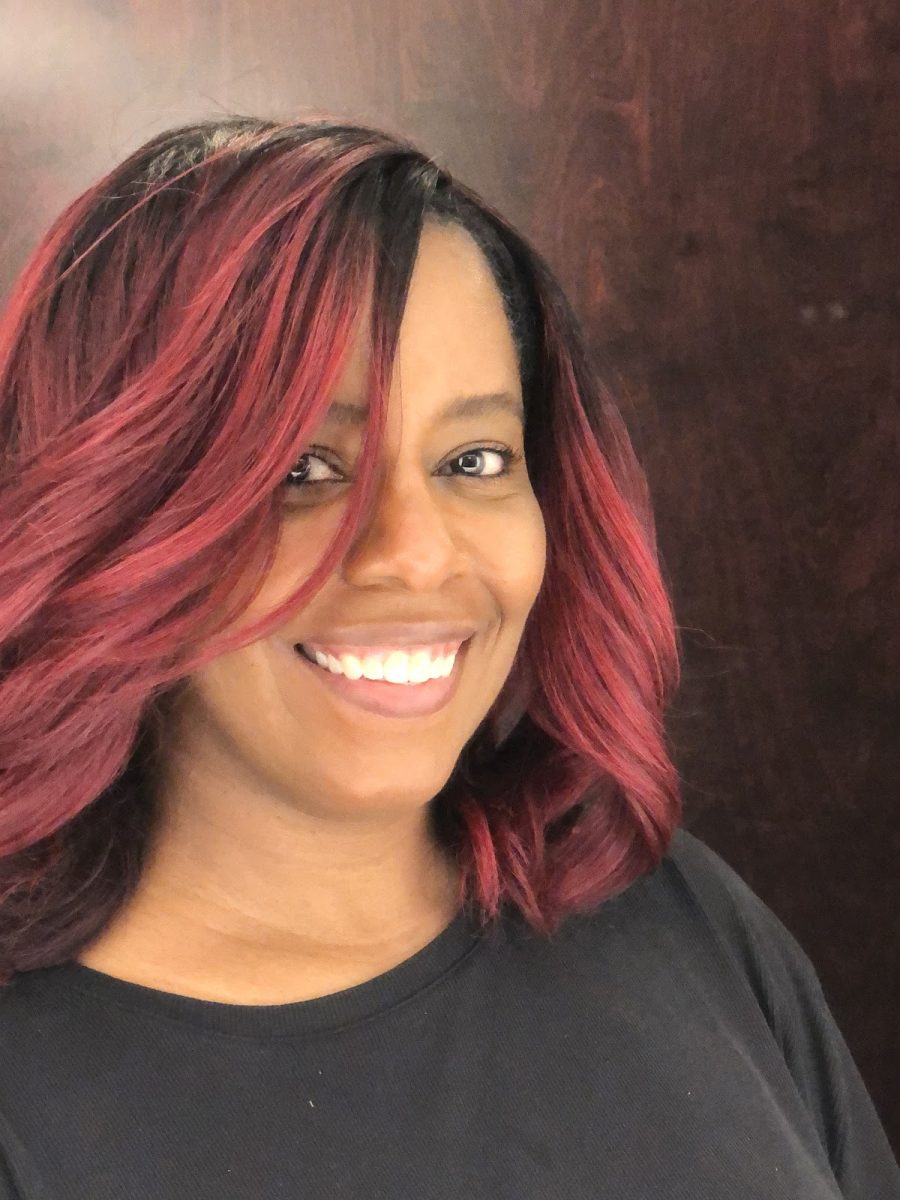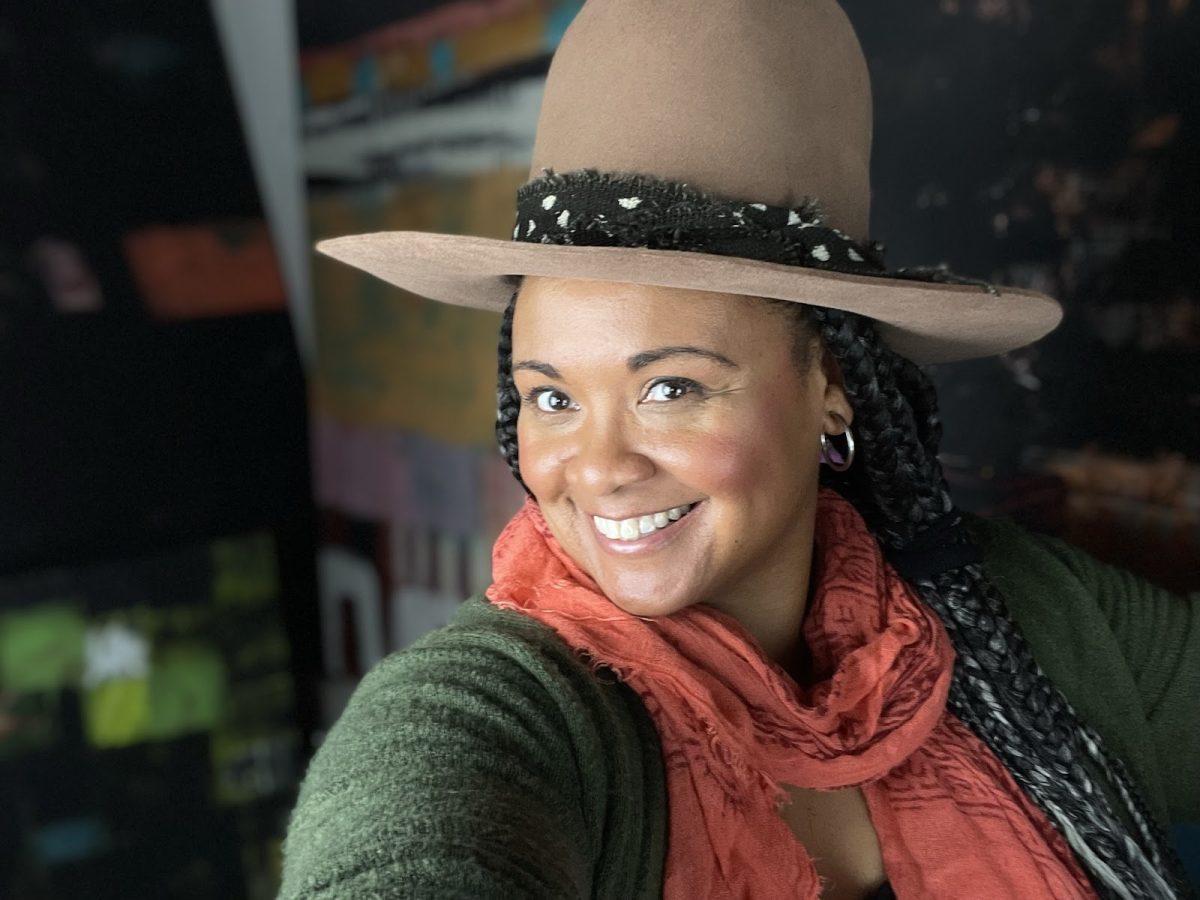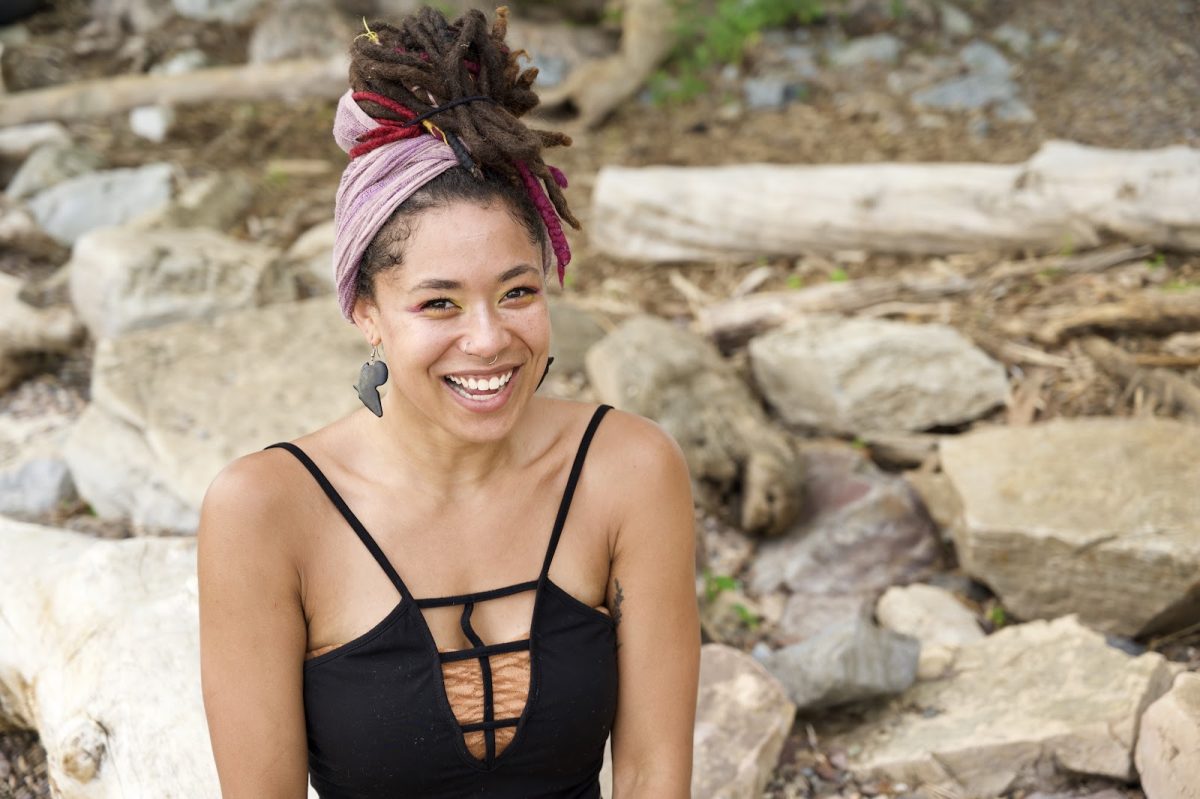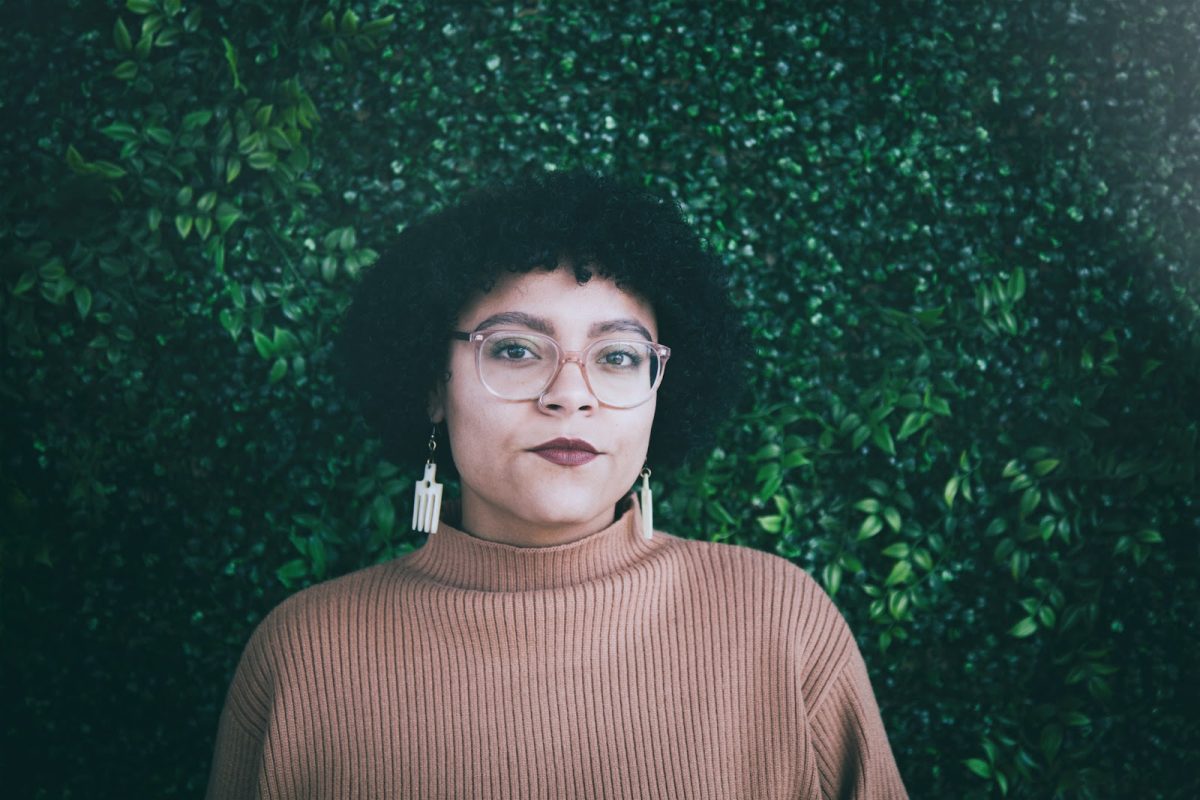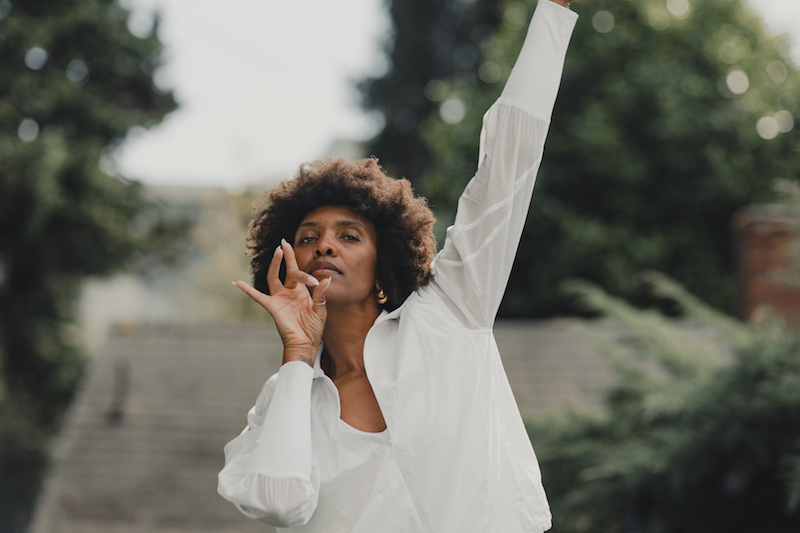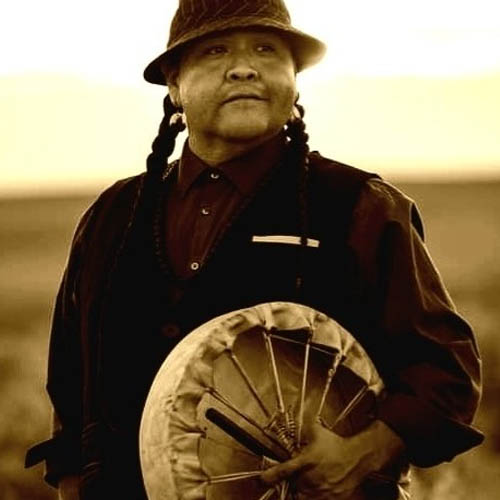Program Coordinator, Mana Maoli
My name is Kapali Bilyeu and I’m a kanaka maoli (aboriginal Hawaiian) born and raised on the island of Kaua’i, Hawai’i. From birth I was exposed to the creative process of music; my father is a founding member of a popular Hawai’i band called Kalapana and I had the privilege of meeting many talented artists, some of whom I still have a close relationship with today. The music industry in Hawai’i is very close-knit and has been an environment I always imagined myself being a part of when I’m an adult. My journey into traditional Hawaiian arts began in elementary school when I attended Kanuikapono Public Charter School, which specializes in place-based learning. My daily schedule was full of Hawaiian music, chanting protocols, Hawaiian history, cultural practices, and STEM programming done directly on the land, from the mountains to the sea. This experience inspired me to pursue and earn a BA in Hawaiian Studies and completion of the Kahuawaiola Indigenous Teacher Education Program, both offered through Ka Haka ʻUla O Keʻelikōlani College of Hawaiian Language at the University of Hawai’i at Hilo.
